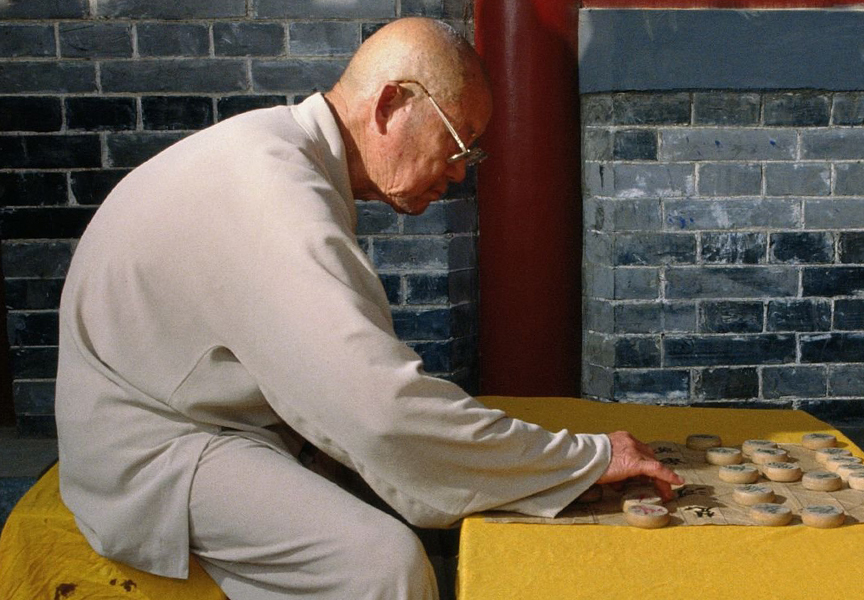Random Free Articles
- Sport Should Advocate Noble Competition
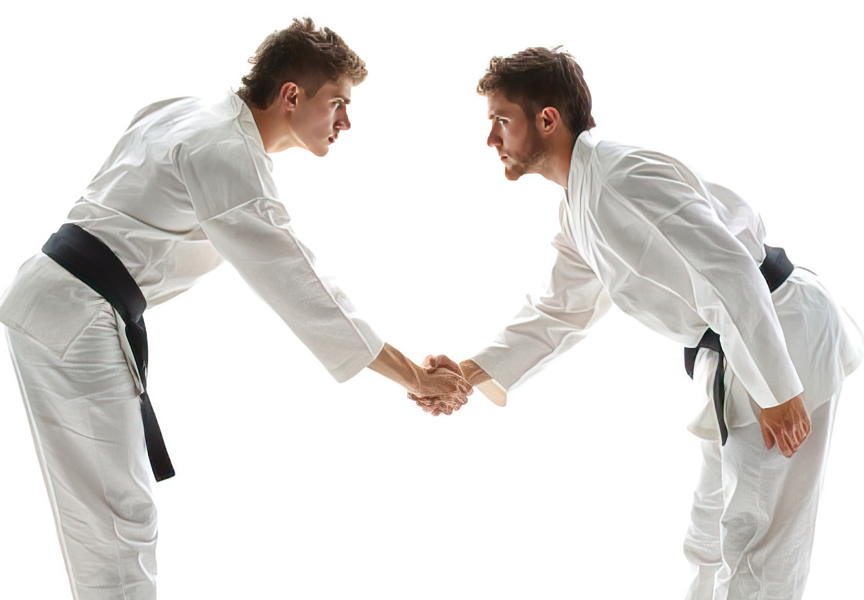
No To Violent Instincts and Discrimination Sport has always been a mirror reflecting human society, embodying ideals of teamwork, dedication, and the pursuit of excellence. However, in the heat of competition, it can also magnify humanity’s darker impulses, including violence, aggression, and even discrimination. In this context, it's crucial to emphasize that the true spirit of sport lies not in brute force or exclusion, but in noble…
- Evaluations Over Examinations in Martial Arts
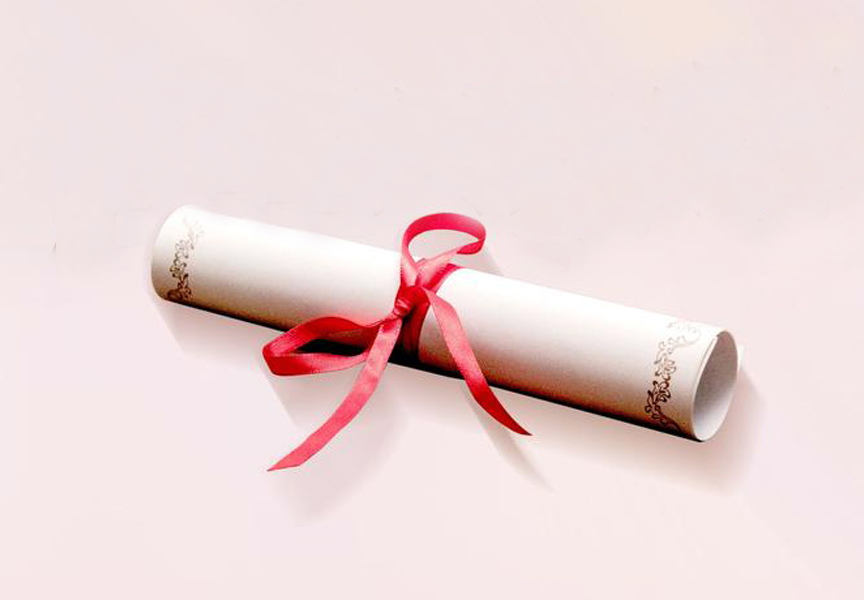
A Holistic Approach to Progress Martial arts, beyond being a physical discipline, is a profound journey of self-discovery, discipline, and continuous improvement. Traditional examination systems have long been ingrained in martial arts culture, with students undergoing rigorous testing to advance to the next belt rank. However, a paradigm shift is underway, as many Traditional martial arts schools, and Shaolin in particular, are embracing the…
- What Matters Most - Victory or Effort?

What Matters Most - Victory or Effort? In the grand arena of life, the question of what holds greater significance, victory or effort, has been a subject of perennial contemplation. Whether in sports, academics, or personal pursuits, individuals grapple with this profound inquiry, each offering compelling arguments to support their stance. Yet, the essence of this debate transcends mere outcomes, delving into the very fabric of human existence…
- Essence of Wude in Shaolin Martial Arts
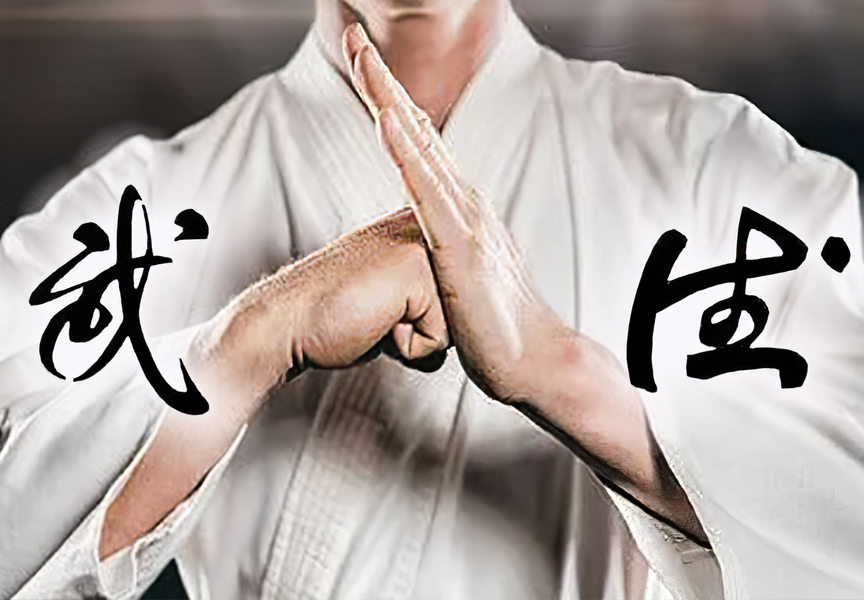
The Pillars of Martial Morality In the intricate world of Shaolin martial arts, where discipline and tradition interlace seamlessly, a profound concept known as Wude [Chin.: Wǔ dé 武德] stands as a guiding light. Wude, translating to martial morality, goes beyond the physical prowess of combat techniques, delving into the realms of character, virtue, and ethical conduct. This ancient philosophy is the heartbeat of Shaolin practitioners,…
- The Martial Arts Belt
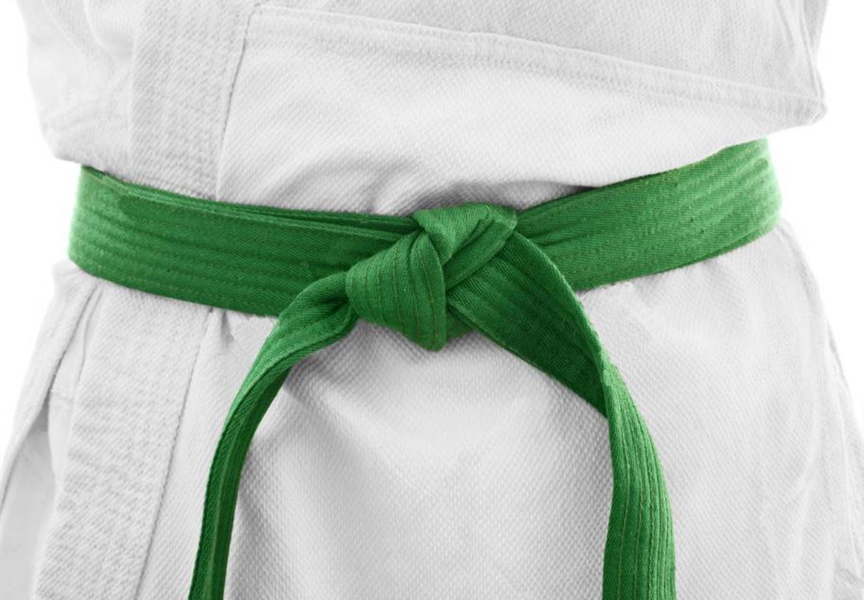
Unraveling the Traditions in Martial Arts In the world of martial arts, the uniform is a symbol of discipline, respect, and tradition. Among the various elements that make up this distinctive attire, the belt holds a special significance, particularly in Japanese and Korean martial arts. However, the story takes a different turn when it comes to Chinese martial arts, where the traditional sash holds sway. Let's delve into the unique…

